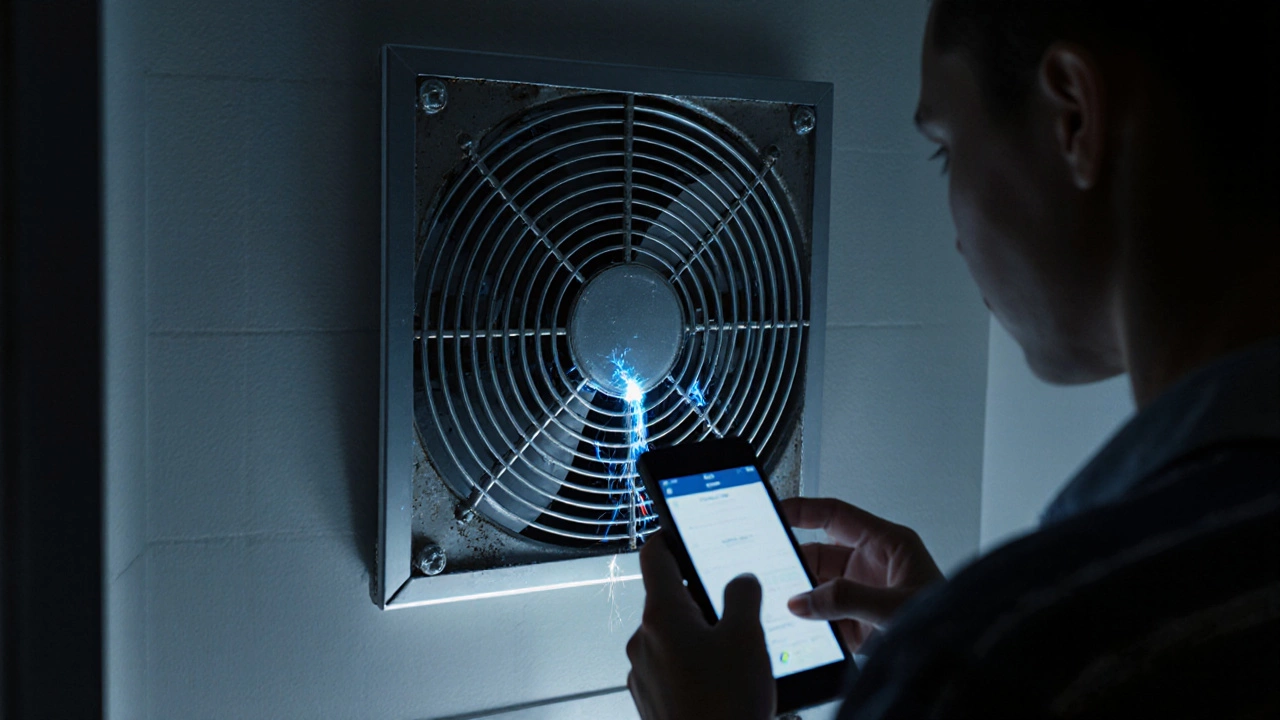Find out which trade-electrician, plumber, or HVAC technician-should repair your extractor fan, what certifications to check, typical costs, and DIY safety tips.
HVAC Technician: What They Do and Why It Matters
When working with HVAC technician, a professional who installs, maintains, and repairs heating, ventilation, and air‑conditioning systems in homes and businesses. Also known as climate control specialist, they keep indoor environments comfortable and efficient. HVAC technician encompasses boiler repair, ensures proper ventilation, and fine‑tunes air‑conditioning units. Their work requires deep knowledge of gas safety, electrical wiring, and refrigerant handling.
Why a Boiler Is Central to HVAC Work
One of the core systems an Boiler, a sealed vessel that heats water for radiators, taps, and central heating supports is the boiler itself. A well‑maintained boiler boosts overall HVAC efficiency, while a neglected one can cause uneven heat and higher bills. Boiler maintenance influences HVAC performance, so technicians routinely check pressure levels, bleed radiators, and inspect heat exchangers. Understanding common boiler faults—like thermostat failures or pump issues—lets the technician diagnose problems faster and keep the heating system running smoothly.
Beyond the boiler, hot‑water supply often hinges on a reliable water heater. A Water Heater, an appliance that stores and heats water for domestic use works hand‑in‑hand with the heating circuit, especially in homes that combine space heating and domestic hot water. When a water heater under‑performs, the whole HVAC system can feel the strain, leading to temperature swings and wasted energy. Regular flushing, checking the anode rod, and monitoring for sediment buildup are typical tasks that an HVAC technician performs to protect both the water heater and the broader heating network.
Safety is the backbone of every HVAC job, which is why a Gas Safe Engineer, a certified professional authorized to work on gas‑powered appliances is often called in to handle gas‑related components. An HVAC technician must either hold this certification or coordinate with one when dealing with boilers, gas‑fired furnaces, or gas‑powered water heaters. The presence of a Gas Safe Engineer guarantees that installations meet legal standards and that any gas leaks are dealt with promptly, keeping occupants safe and the system compliant.
Modern homes are also seeing a rise in heat pump installations. While not a direct repair focus for every technician, understanding how a heat pump extracts heat from outdoor air and delivers it inside adds another layer to the HVAC skill set. A heat pump’s efficiency can be affected by poor ventilation, refrigerant levels, or faulty controls—issues that a seasoned HVAC technician can troubleshoot alongside traditional boiler and furnace work.
All these pieces—boiler upkeep, water‑heater service, gas safety compliance, and heat‑pump knowledge—form the ecosystem an HVAC technician navigates daily. Below you’ll find a collection of articles that break down common failures, cost guides, DIY safety tips, and detailed repair steps. Whether you’re dealing with a stubborn washing‑machine bearing or need to understand boiler service pricing, the resources here will give you clear, actionable insight.

